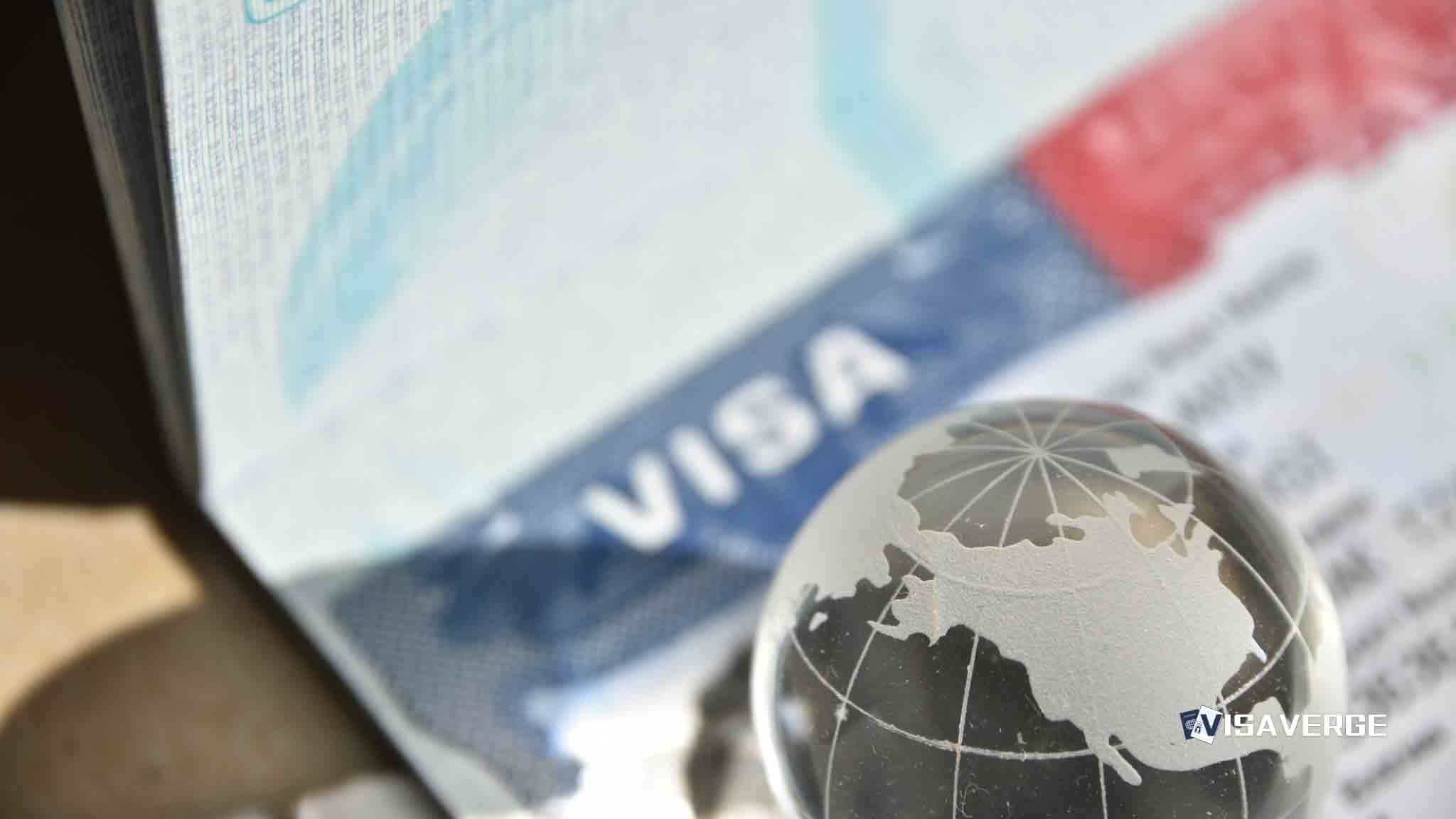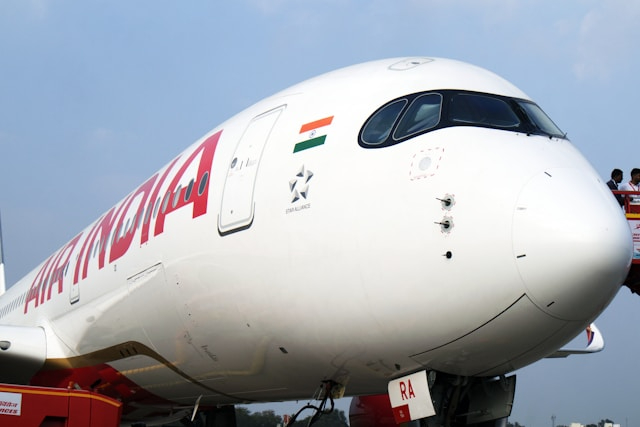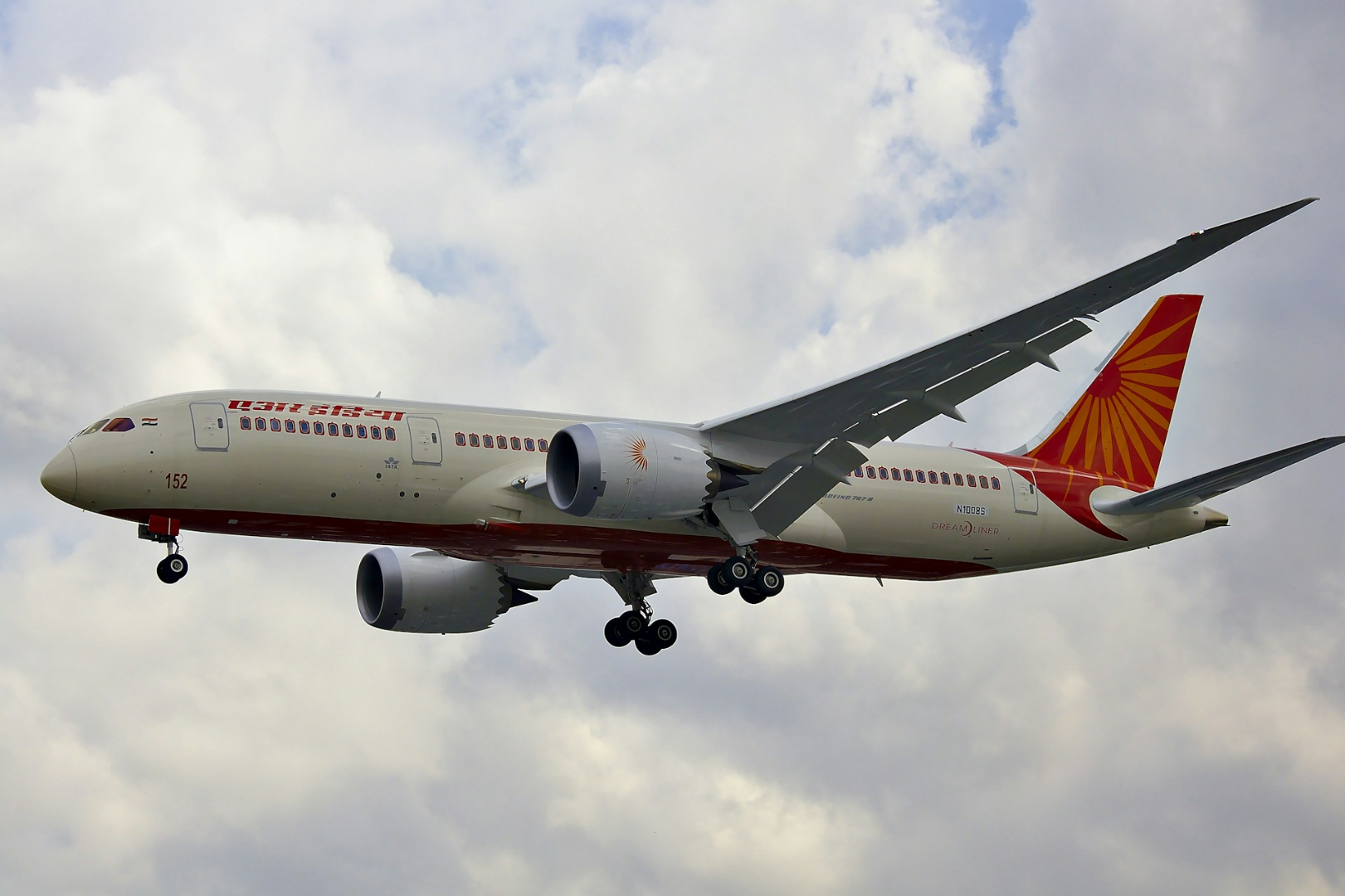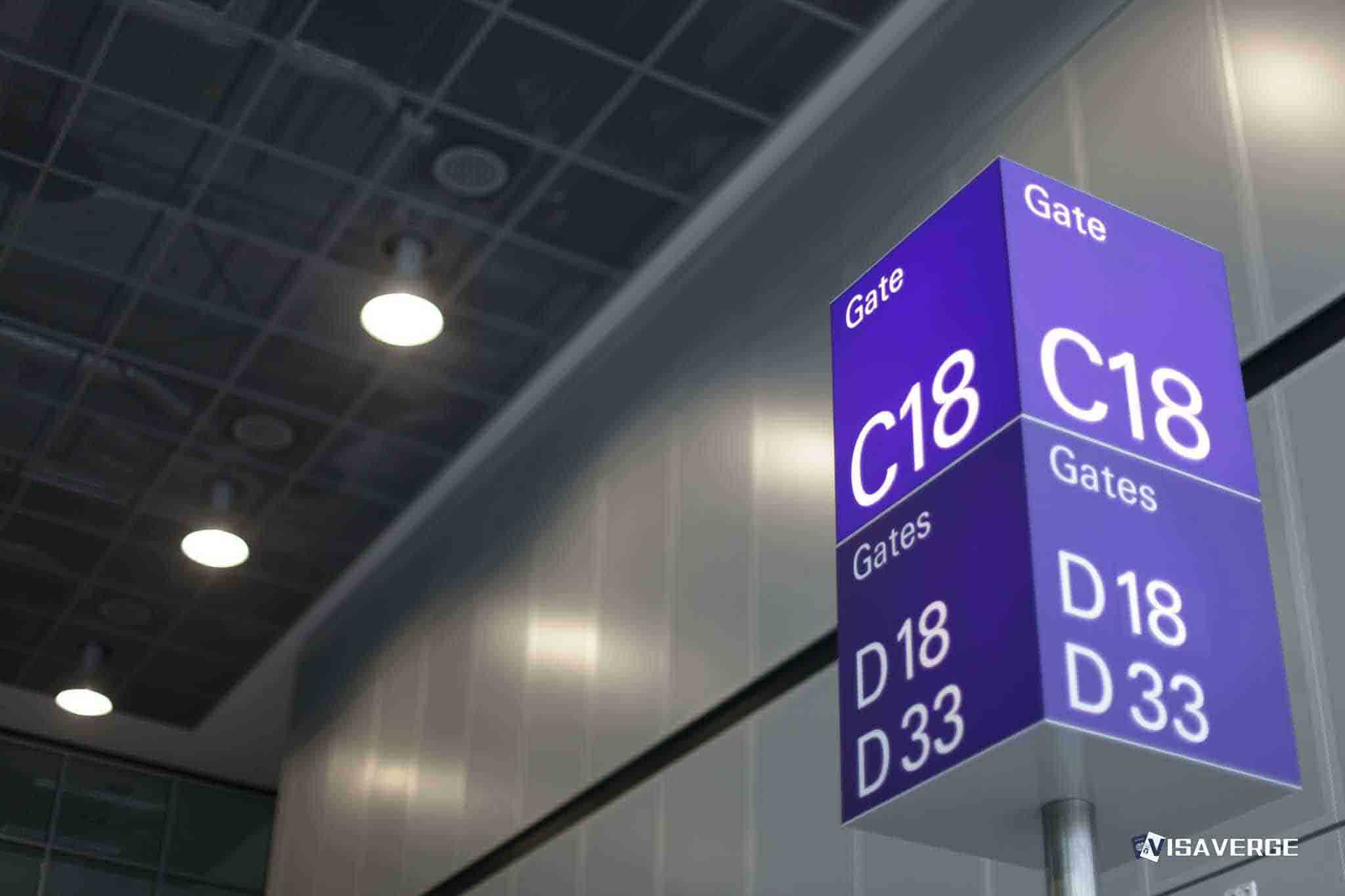(SOUTH KOREA) South Korea is inviting remote workers, including Indian nationals, to live in the country for up to two years under its new Workation Visa, officially the F-1-D Digital Nomad Visa. Launched as a pilot on January 1, 2024, and scheduled to run through December 31, 2025, the program lets qualified professionals bring their laptops to Korea’s cities and coasts while keeping their foreign employment. The draw is obvious: world-class internet, safe neighborhoods, and rich culture. The catch is just as clear: strict income, insurance, and background rules that screen out many casual applicants.
Officials describe the F-1-D Digital Nomad Visa as a test program, with results to guide future policy. The South Korean Ministry of Foreign Affairs has outlined firm boundaries: remote workers can live in Korea, but they cannot take local jobs or earn money from Korean sources. According to analysis by VisaVerge.com, The visa opens doors for established remote staff and founders, yet its thresholds make it tough for lower-earning freelancers to qualify.
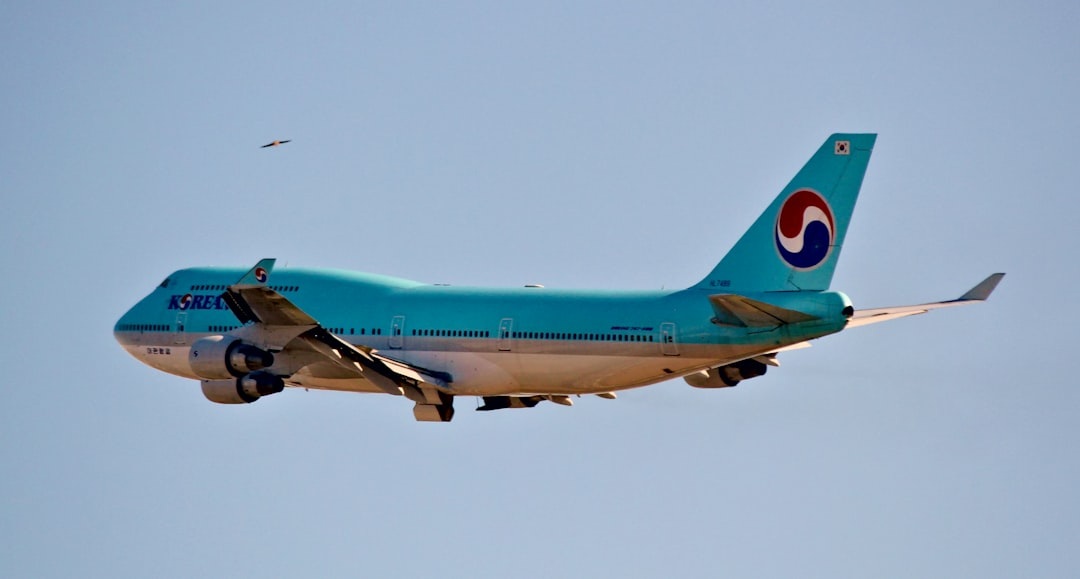
Policy Details and Eligibility
The Workation Visa allows stays for up to two years (multiple entries) and targets people already employed outside Korea or running an overseas company. Core rules include:
- Age: Must be 18 or older.
- Experience: At least one year of professional experience in the field.
- Work status: Employed by a company outside Korea or operating an overseas business.
- Work mode: Remote work only; no local employment or profit-making in Korea.
- Employer approval: Written okay to work from abroad.
- Medical insurance: Coverage of at least Rs 83 lakh (about USD 100,000) for treatment and repatriation, valid for your entire stay.
- Income requirement: Proof of stable income, typically about USD 3,000 per month (or equivalent).
Families can come too. Spouses and children under 18 may accompany the main applicant if they provide apostilled marriage and birth certificates and show school or care plans. The program is broad in nationality reach, but guidance shared with Indian applicants highlights the same core requirements used worldwide.
The visa’s limits matter. It does not provide a pathway to permanent residency. At the end of the permit, holders must leave Korea or change status to another visa, if eligible. Tax rules also depend on time in the country: experts note that those staying more than 183 days generally become tax residents for Korean purposes, and for the first five years, Korea taxes only Korean-sourced income, not worldwide income.
For official policy references and updates, applicants can consult the Korea Visa Portal, managed by the South Korean government: https://www.visa.go.kr/.
Application Steps and Documentation
For Indian applicants, the process is straight-forward but document-heavy. Plan ahead to allow time for translations, apostilles, and background checks.
- Step 1: Check eligibility. Confirm age, income, remote-only work, and experience.
- Step 2: Prepare documents. Translate and apostille records in English or Korean as needed.
- Step 3: Book an appointment. Visit the South Korean Embassy or Consulate in New Delhi, Mumbai, Chennai, or Kolkata.
- Step 4: Submit your application. The visa fee is about USD 45.
- Step 5: Wait for processing. Typical timelines run 10–15 days; no expedited option.
- Step 6: Travel to Korea. Enter within the visa’s validity window.
- Step 7: Register locally. Apply for an Alien Registration Card (ARC) within 90 days of arrival.
- Step 8: Bring family, if applicable. Dependents need proper apostilled documents and confirmation letters for school or care plans.
Required documents commonly include:
- Completed visa application form, the official
Form No. 17, with a recent passport photo. The form is available through the Korea Visa Portal’s forms section: https://www.visa.go.kr/. - Passport valid at least 6 months beyond your planned stay.
- Employment verification letter confirming your ability to work remotely in Korea for at least three months.
- Proof of income: at least two of the following—employment certificate, salary slips, 3 months of bank statements, Income Tax Returns, or pay stubs.
- Indian criminal record certificate, issued within the last 6 months and apostilled or notarised by the Korean Embassy.
- Criminal records from any other country where you lived for more than one year during the past five years.
- Medical insurance certificate meeting the minimum USD 100,000 coverage for treatment and repatriation, valid for your entire stay.
- For dependents: apostilled marriage and birth certificates, with letters confirming work, school, or care arrangements.
Applicants should double-check that the insurance policy spells out coverage amounts and repatriation clearly. Many rejections in pilot programs stem from vague policy wording or expired certificates.
Impact on Applicants
The F-1-D Digital Nomad Visa arrives at a time when global remote work is common, but immigration rules often lag behind. South Korea positions itself as a modern, safe base where remote staff can keep jobs with overseas employers. The flip side is the program’s exclusivity. By setting a steady income mark around USD 3,000 per month and requiring high medical insurance coverage, authorities are clearly aiming at mid-to-senior professionals and entrepreneurs rather than early-career freelancers.
This “catch” shows up in practical ways:
- Workers cannot take contract gigs inside Korea or bill Korean clients.
- The visa doesn’t count toward permanent residency.
- The pilot end date—December 31, 2025—adds uncertainty, since future rules depend on government review.
- Applicants must prepare detailed background checks from India and any other country where they stayed more than a year in the past five years, which can take time.
For families, the ability to come together matters. Dependents can study or attend school, but the main applicant remains the only one authorized under the Workation Visa to work—and only remotely for a foreign employer. Families should budget for translation, apostilles, and school enrollment steps well before travel.
Employers also play a direct role. A clear letter granting permission to work from Korea is not optional. Companies should confirm tax and payroll implications, clarify the employee’s workplace safety coverage while abroad, and set communication schedules across time zones. While Korea’s time zone aligns well for many Asian and European teams, it can be challenging for North America-based firms.
The program’s tax guidance offers some relief. Even if a holder becomes a Korean tax resident by staying over 183 days, experts point out that for the first five years, Korea taxes only Korea-sourced income. Since local earnings are not allowed under this visa, most holders focus on compliance in their home or employer countries, while ensuring proper Korean filings when required.
South Korea’s draw goes beyond paperwork. Reliable internet, efficient public transport, and cultural depth—from K-pop to temples—make day-to-day life appealing. But applicants should enter with eyes open: this is a remote work stay, not a backdoor to local jobs or long-term settlement. The government is watching how digital nomads spend, where they live, and how local communities respond. Any extension or expansion after 2025 will likely reflect those results.
For now, the message is simple. If you meet the income test, can get robust insurance, and have employer approval, the Workation Visa offers a clear, legal way to spend two years working remotely in South Korea. If you fall short on those points, it’s wise to pause, strengthen your file, or consider other countries’ digital nomad options while monitoring Seoul’s next policy move.
Frequently Asked Questions
This Article in a Nutshell
South Korea’s F-1-D Workation Visa pilots two-year remote stays from January 1, 2024, to December 31, 2025. Targeting established remote employees and founders, it demands employer approval, roughly USD 3,000 monthly income, strong medical insurance, and detailed background checks. Families may join, but no local employment or path to permanent residency exists.


